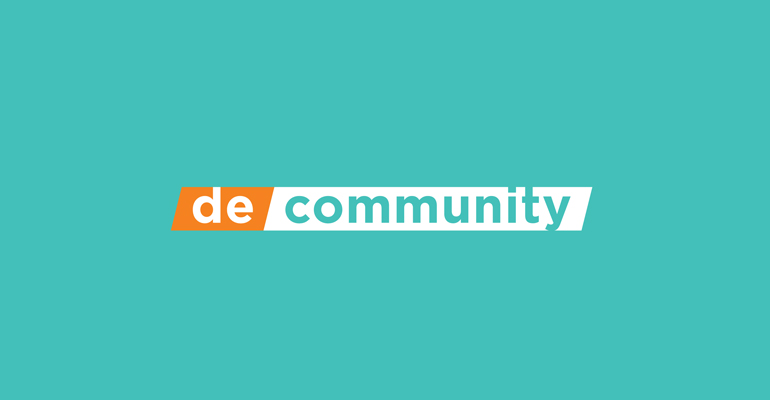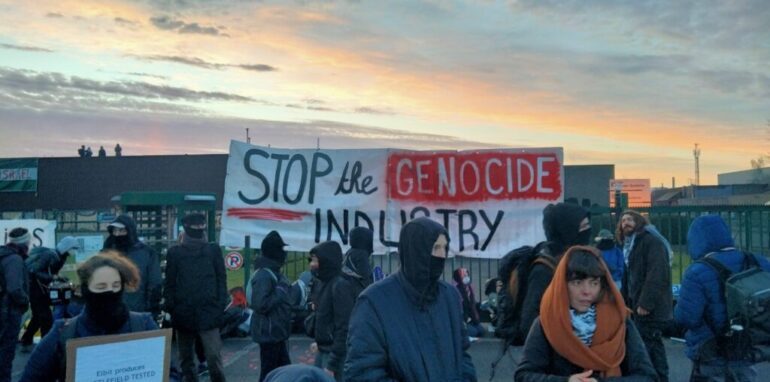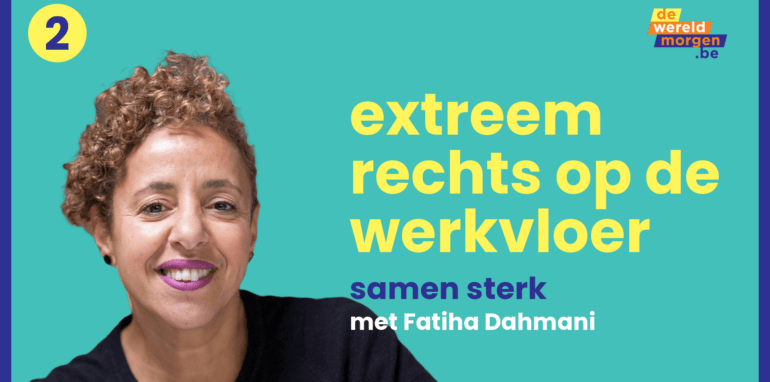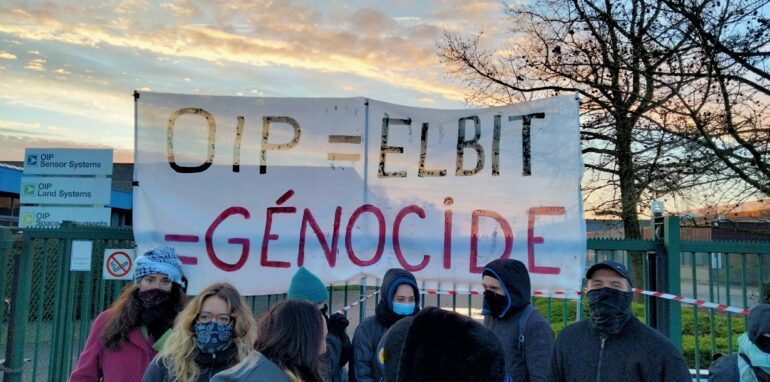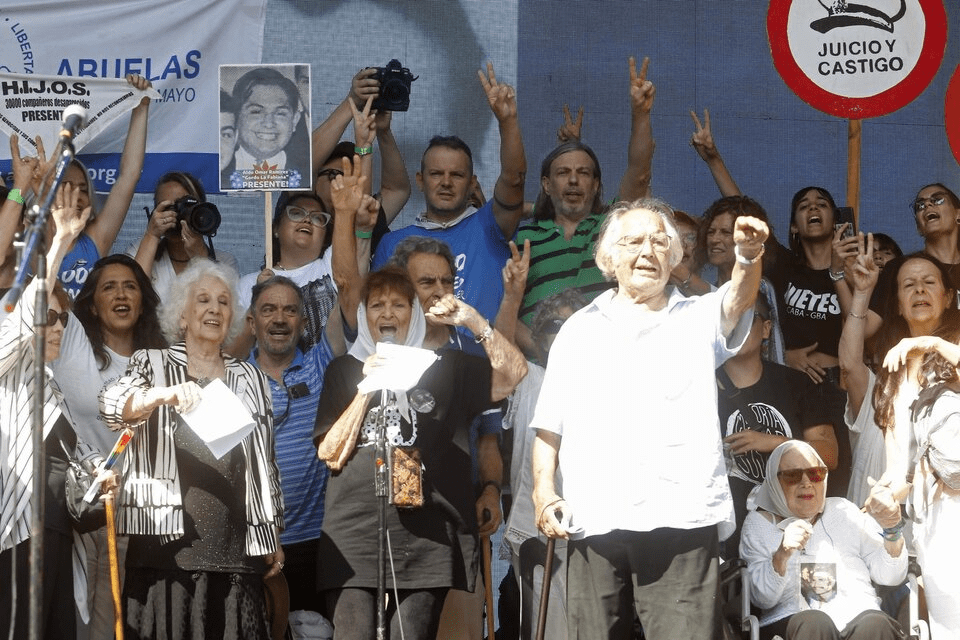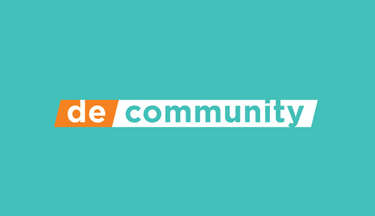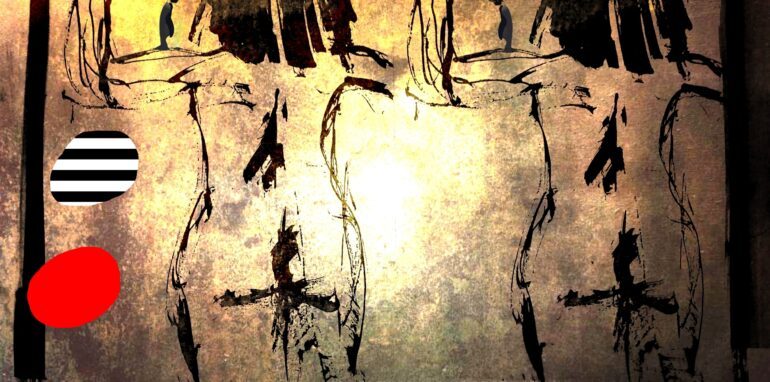The majority of the world’s countries are now governed by democratic regimes. But, Democracy’s spread, once seen as a logical evolution, seems to require a re-evaluation. Donald Trump, Recep Erdo?an and Brexit where all democratic choices. More importantly, the campaigns leading towards those elections and referendums caused a major division In society. Political extremism is on the rise and the division feels more unbridgeable than ever. In light of these recent events one question remains: are western countries suffering from too much democracy?
Some might think the rise of Trump and other recent disasters are caused because we don’t have time to all engage in thoughtful research, reflection, and debate on every issue and then vote accordingly. Which means we vote motivated by group identities, fact-free manipulation or amount of media coverage. In other words: we vote wrong. People who support this thought might think we’re overdosing on democracy. They want to limit direct democracy and are often supporters of liberal representative democracy. The truth is, we can see a decline in support for representative democracy, the main system of government in most democratic countries: voter turn-out has hit the lowest figure in a generation and a rising number of people are losing trust in their politicians and government.[1]
This evolution shouldn’t come as a surprise. Democracy has become a factory of fake news, where politicians don’t alter their views to fit the facts. They alter the facts to fit the views. They talk about The People and their supposed will but people don’t seem involved in any discussion or decision. So citizens lost their trust, started to refrain from voting and those who did preferred politicians who promised to work outside mainstream politics. (Once those outsiders gain power they don’t seem to act so differently than more centre-ground politicians.) What we’ve ended up with is a divided society with low civic engagement. And if various sides fail to come together and try to work productively, which for me is the main goal of democracy, then we’re doing something wrong.
If democracy’s definition is ‘government by the people for the people’, then I still feel it’s a system of government we should want. But this means we should all be able to control, to have power, to change things. And when I think about that, I don’t feel like we have any of those things. We simply have the power to choose our monarch. Democracy has been reduced to periodic voting, but it should also require intelligent, active participation if it wants to ensure self-government. To reduce political extremism and to reconnect our society we need to have genuine political debate and decision-making at local levels.
Most people tell me this is an utopian thought that wouldn’t work in real life. First of all, it does already exist, for example in the Brazilian city Porto Alegre where every Monday night citizens meet to go through weekly announcements, the meeting’s agenda and the decision-making process. The average participant is poorer and less educated than the average citizen proving that class doesn’t matter when engagement is truly possible[2]. Secondly, people care about things that happen close by. We see it every day when bad news about far away countries reach us and we barely flinch. On the other hand, we’ll talk all day about Kevin having a car accident. Being outraged about it, saying we should hashtag Iran as much as we recently did for Manchester and London, doesn’t change the fact that it’s the way humans work. So of course neighbours won’t come together to discuss complicated foreign policy, but I’m sure they would love to arrange a benefit for Kevin and that’s only a short step away from local policy-making.
I’m not saying representative democracy should be replaced, but it wouldn’t be unhealthy if the institutions of representative government lost some power to a new participatory sphere. Participative democracy could help reinforce our vote. Since the way we vote is manipulated by money, fake news and other tricks established by the elite it isn’t always a genuine instrument of popular control. When we participate, we learn. For example, when we’re able to meet the new refugees that might settle in town and discuss with fellow citizens the possibilities for their integration, it will improve our knowledge about the subject which in turn will make our vote on national level more substantiated. Politicians wouldn’t so easily get away with demonising minorities.
Being able to participate and engage will not only affect the way we vote. It will probably affect our health too. Several studies show that there is a positive relationship between religion and subjective health[3]. The reasons why? People who are connected to a religion experience more social support and have more friendships because it’s encouraged by religious involvement and church visits. It’s all about having a feeling of belonging and a sense of purpose. You’re probably thinking ‘I didn’t need religion to have those things’, but the truth is: we might have an uncountable amount of Facebook friends and Twitter followers, the number of persons we consider as our close friends has been steadily declining since the 50s[4]. Johan Hari said it beautifully in a Ted talk: “we’ve traded floorspace for friends, we’ve traded stuff for connections, and the result is we are one of the loneliest societies there has ever been”[5].
It does seem reasonable that we would be happier if we decided to cheat more regularly on our smartphone for a fling with the real world. In this analogy, religion is that one friend who introduces you to each other, causing the start of a passionate affair. Democracy could be that friend too. Instead of going to church you can meet in the back room of a church for a meeting and instead of loving thy neighbour because some God is telling you to, you love him because you see him every week to discuss current issues. We not only need to reconnect with democracy, we need to reconnect with each other and I strongly believe participative democracy can do both. Since most people have been shocked by recent outcomes the opportunity for change has been on the rise. Politicians might use it to sell us an idea of needing less democracy. I say it’s time we’re having some.
[1] Karp, Jeffrey A., and Caitlin Milazzo. “Globalization and Voter Turnout in Times of Crisis.” Globalization and Domestic Politics: Parties, Elections, and Public Opinion (2016): 190.
[2] Baiocchi, Gianpaolo. Militants and citizens: The politics of participatory democracy in Porto Alegre. Stanford University Press, 2005.
[3] Hackney, Charles H., and Glenn S. Sanders. “Religiosity and mental health: A meta–analysis of recent studies.” Journal for the scientific study of religion 42, no. 1 (2003): 43-55.; Coumans, Moniek. “Meer religieus, meer welzijn?.” (2014).; Putnam, Robert D., and Chaeyoon Lim. “Religion, social networks, and subjective well-being.” American Sociological Review 75, no. 5 (2010).
[4] Killeen, Colin. “Loneliness: an epidemic in modern society.” Journal of advanced nursing 28, no. 4 (1998): 762-770.
[5] https://www.ted.com/speakers/johann_hari
